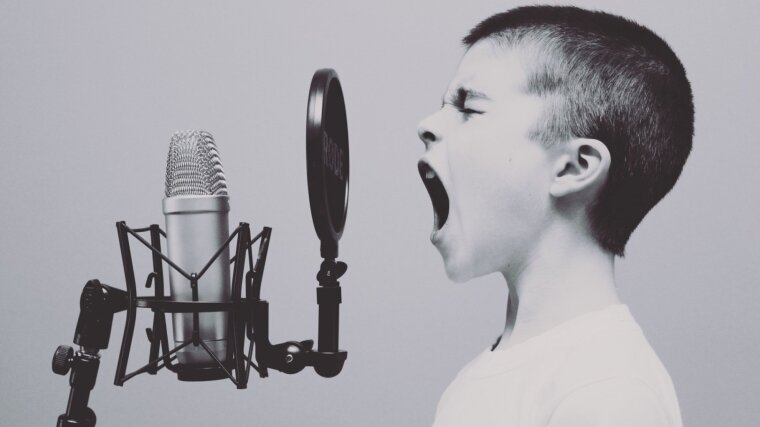
The LoKiS database contains audio recordings of about 60 German-speaking children, made at regular intervals across the whole of their primary school education from first to fourth grade, aged six to ten years. Further recordings of the children from fifth grade onwards will be carried out in the second project phase. The recordings are available through the JeCoP (Jena Corpora of Phonetics) database.
JeCoP is hosted by the Institute for German Linguistics at the University of Jena (see https://www.gw.uni-jena.de/en/44627/lokis). It is a password protected browser-based and searchable database accessible by researchers interested in the data for scientific analyses. It includes audio recordings, orthographic and phonetic transcriptions and socio-demographic meta-data such as gender conformity, sex assigned at birth, age, mother tongue, etc. The JeCoP database uses the LaBB-Cat infrastructure. LaBB-CAT was designed and written by Robert Fromont and Jen Hay for the New Zealand Institute of Language, Brain and Behaviour (NZILBB) at the University of Canterbury, Christchurch, New Zealand.
For every child, the speech material includes 25 stimuli: Eleven target nouns, spontaneous description of three (more complex) pictures, repetitions of ten simple prose sentences and recordings of counting from one to ten. This makes a total of about 1500 stimuli for each grade level.
Along with the acoustic data, the LoKiS corpus will contain information about self-reported gender conformity of each child at all time points. In addition, gender perception ratings at all time points – based on 3 different stimuli (2 sentences and 1 picture description) – are included for each child.
Apart from analyzing correlates of gender in prepubertal voices, this database can be used to study acoustic properties of prepubescent children and in particular their development over time in general. It will be helpful in voice therapy as well as in forensics.
The project is supported by the German Research Foundation (Deutsche Forschungsgemeinschaft, DFG grant 440882807, http://www.dfg.de/)External link.
Terms of Use
To gain access to the database, please contact Riccarda Funk (riccarda.funk@uni-jena.de)
Publications
- Funk, R., M. Weirich, & A. P. Simpson. 2024 (in press). The effect of fundamental frequency on gender perception in prepubertal children – Insights from the LoKiS database. Journal of Voice. https://doi.org/10.1016/j.jvoice.2024.04.010External link